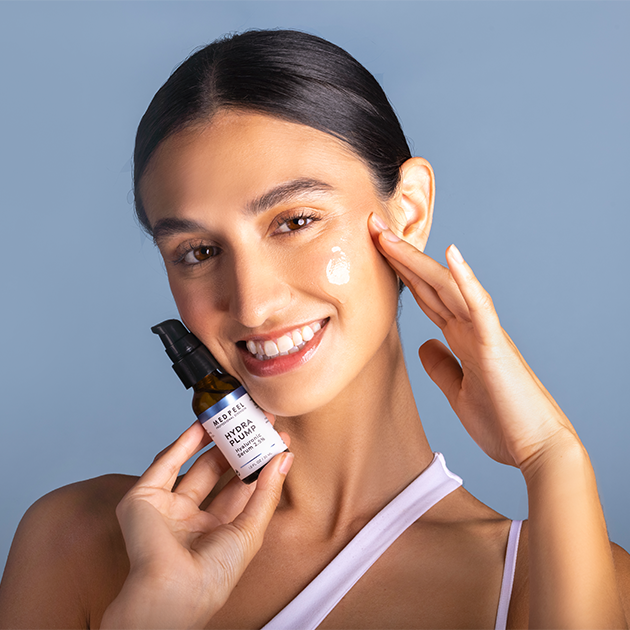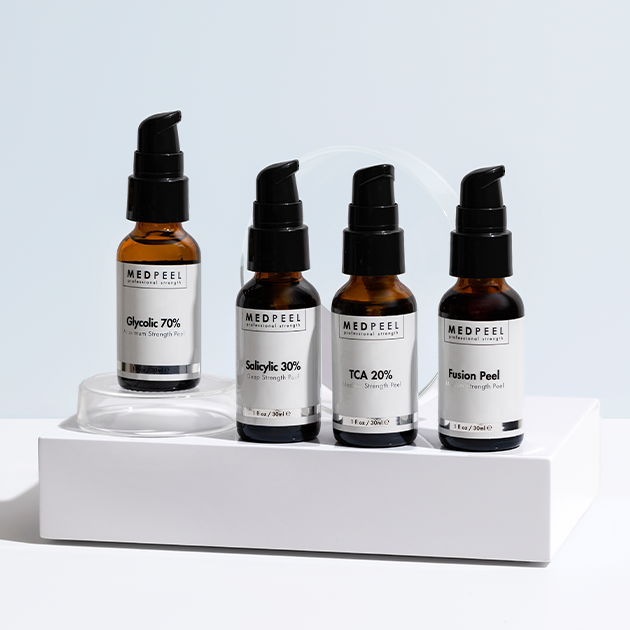
Transitioning from fall to winter skincare is crucial because the colder, drier winter months can be harsh on your skin. The goal is to protect your skin from the cold, windy weather and maintain its moisture balance. Here are some tips to help you make a smooth transition:
Switch to a richer moisturizer: In winter, the air tends to be much drier, which can lead to dry, flaky skin. Replace your lightweight fall moisturizer with a richer, more hydrating one. Look for products that contain ingredients like shea butter, ceramides, or squalane, as they provide intense hydration and help to lock in moisture, like our Youth Restore Firming Ceramide Cream.
Use a humidifier: Indoor heating systems can further dry out the air, leading to dehydration of your skin. Using a humidifier in your home or office can help add moisture to the air, which can benefit your skin.
Continue exfoliating gently: Exfoliation is still essential in the winter to remove dead skin cells and promote a healthy complexion. However, be cautious not to over-exfoliate, as this can exacerbate dryness. Stick to a gentle exfoliation routine, typically 1-2 times a week, depending on your skin type. Check out our collection of exfoliators and scrubs to find the perfect one for you.
Protect your skin from the cold: The winter cold and wind can be harsh on your skin. Whenever you go outside, especially in extremely cold or windy conditions, protect your skin with a scarf, hat, and gloves to prevent chapping and windburn.
Don't skip sunscreen: Even in winter, UV rays can still damage your skin. Continue using a broad-spectrum sunscreen with at least SPF 30, especially if you spend extended periods of time outdoors. Sunscreen is essential to protect your skin from UV radiation, which can be particularly harmful in the winter when the sun is lower on the horizon.
Lip and eye care: Lips and the skin around your eyes are especially susceptible to dryness and chapping in the winter. Use a hydrating lip balm and consider using a rich eye cream to keep these areas moisturized.
Add facial oils: Consider incorporating facial oils into your skincare routine for extra hydration and protection during the winter. Oils like jojoba, argan, or rosehip can help lock in moisture and provide a protective barrier against the cold.
Stay hydrated: Drinking enough water is essential year-round, as it helps keep your skin hydrated from the inside out. Aim to maintain a healthy diet and drink plenty of fluids to support your skin's health.
Consult a professional: If you have specific skin concerns or conditions, consider consulting a dermatologist or skincare professional. They can provide tailored advice and recommend products that are suitable for your skin type and concerns.
Remember that individual skin types and needs can vary, so it's essential to pay attention to how your skin reacts and adjust your skincare routine accordingly. By making these adjustments, you can help protect your skin from the harsh winter weather and step into spring with a healthy, glowing complexion!



